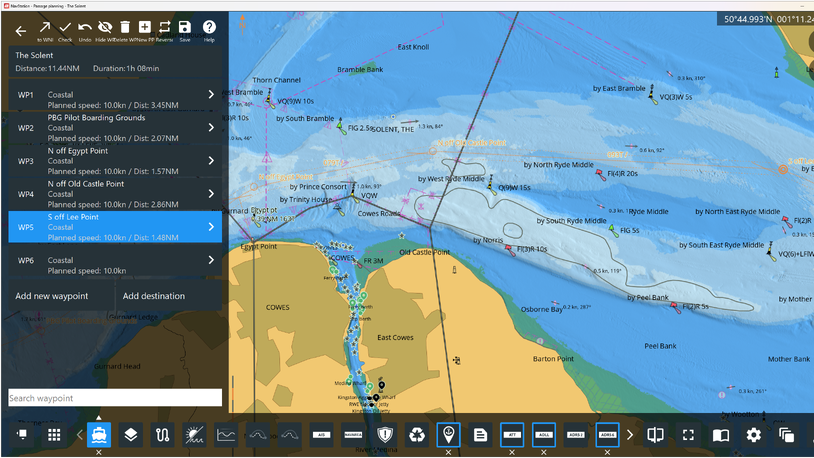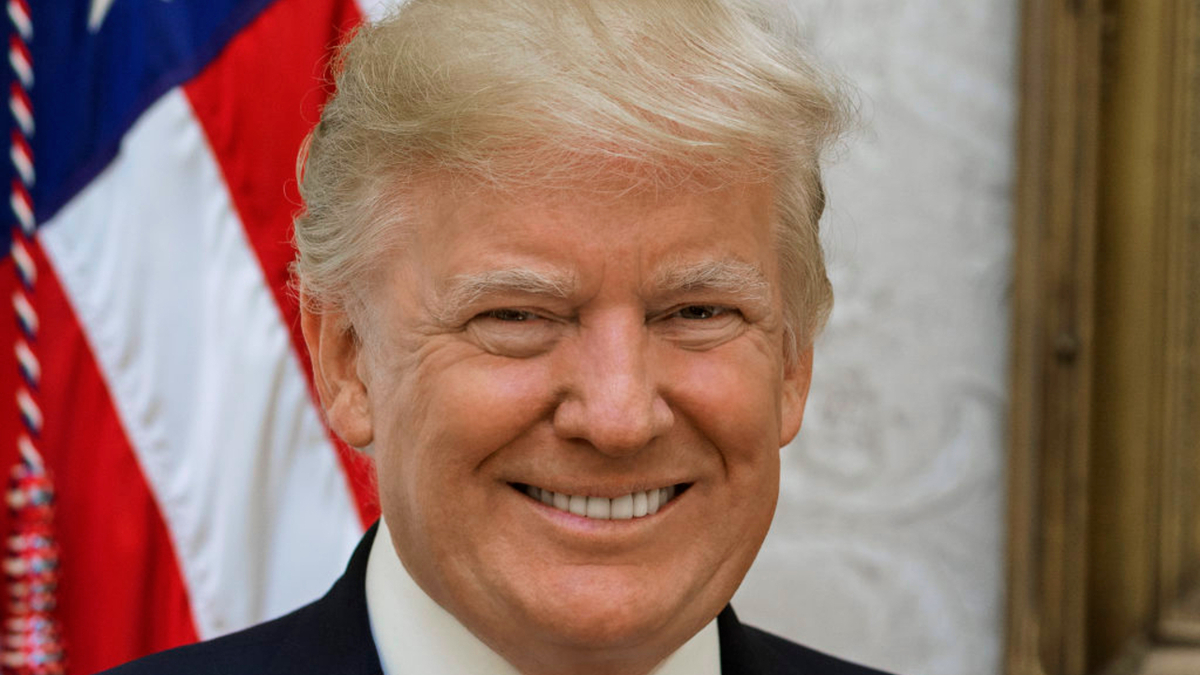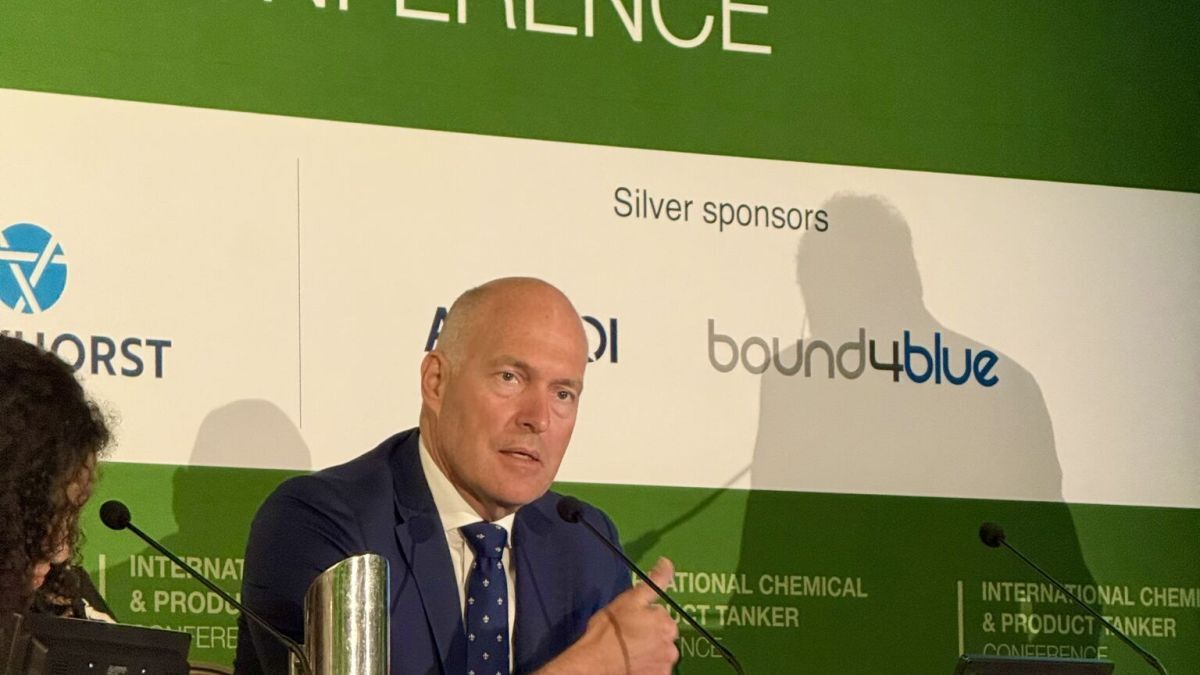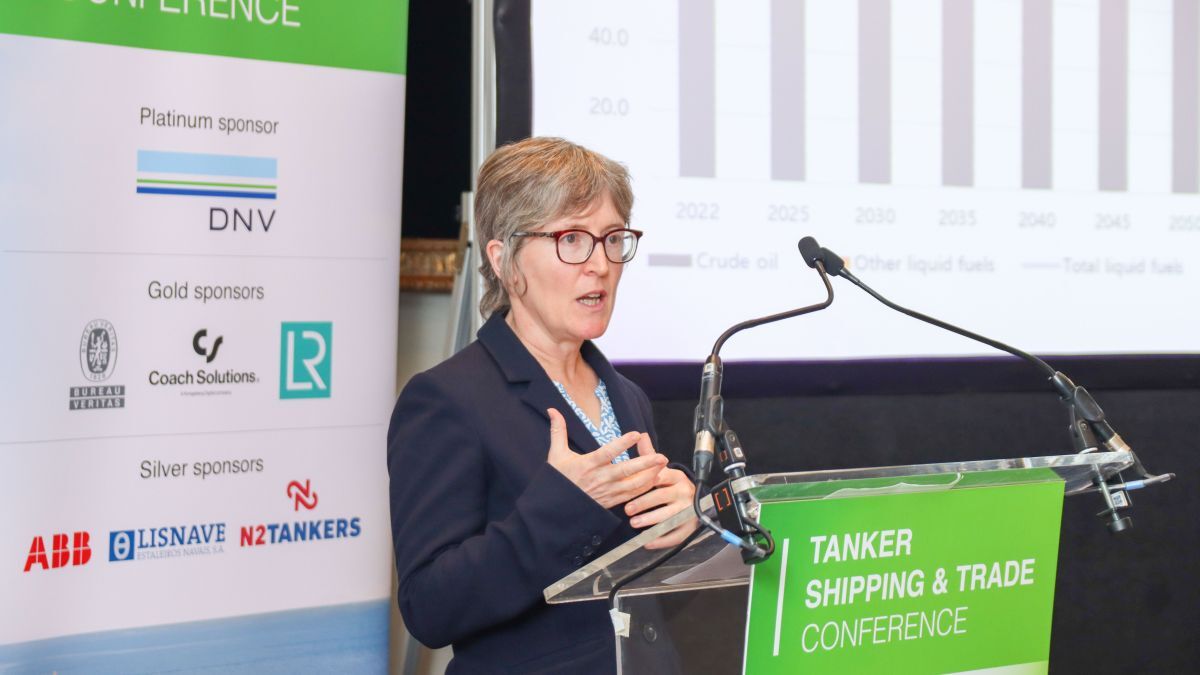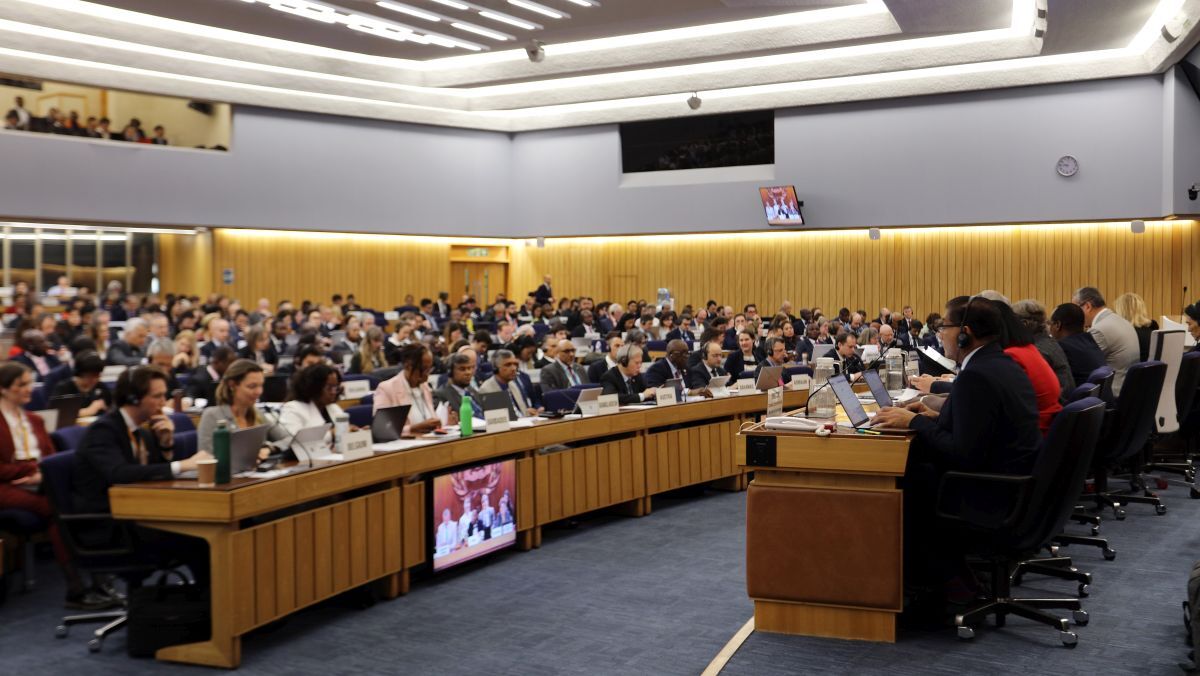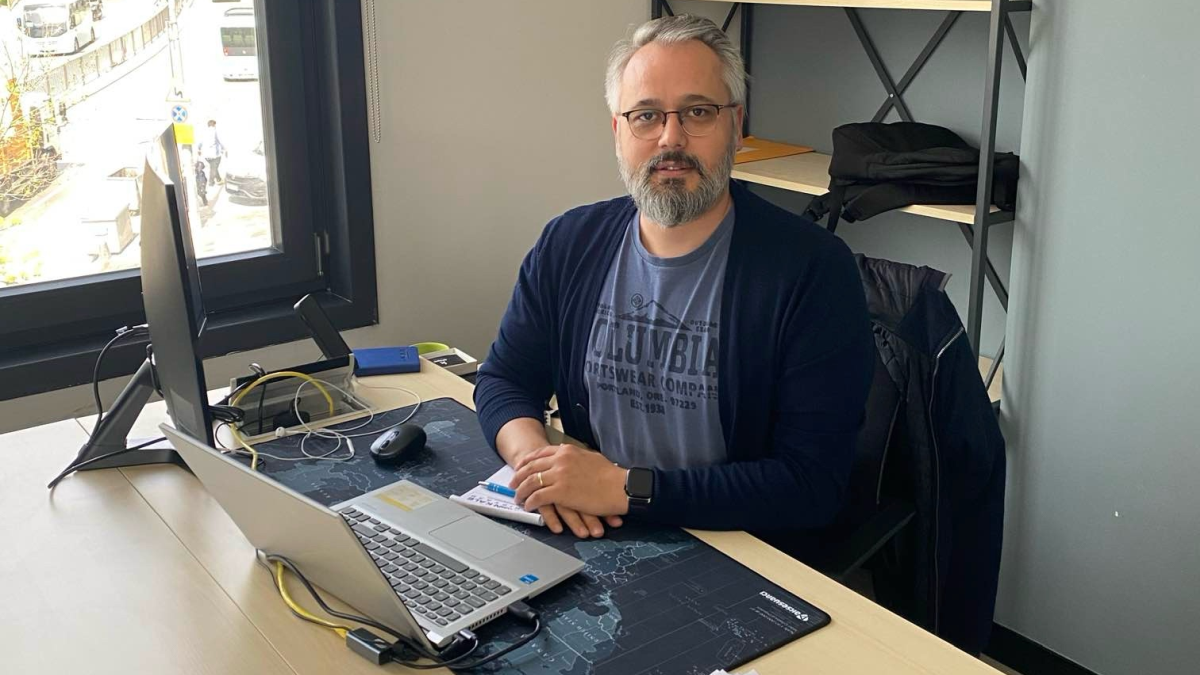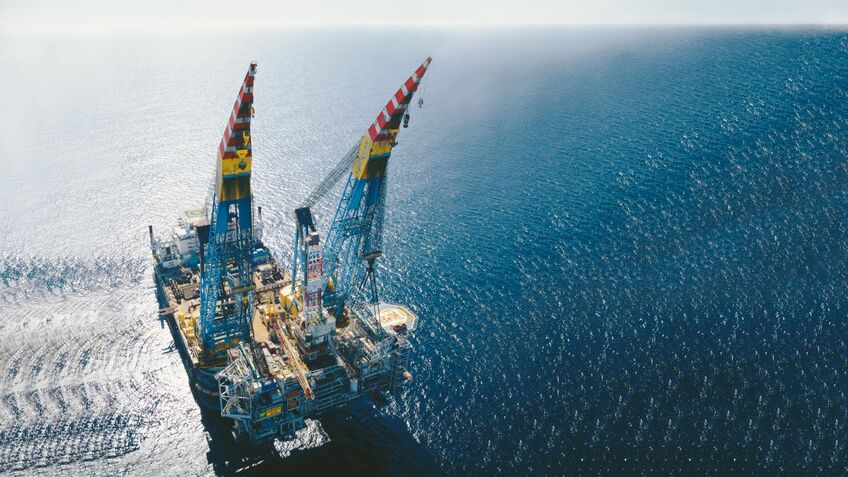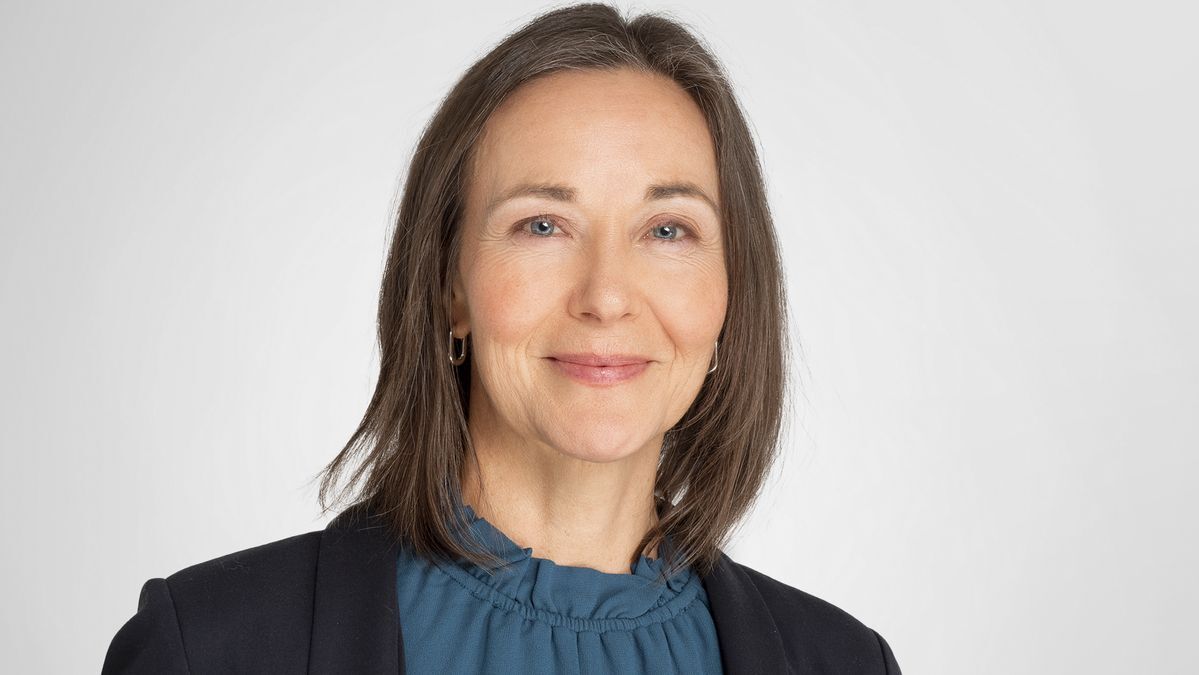Business Sectors
Events
Contents
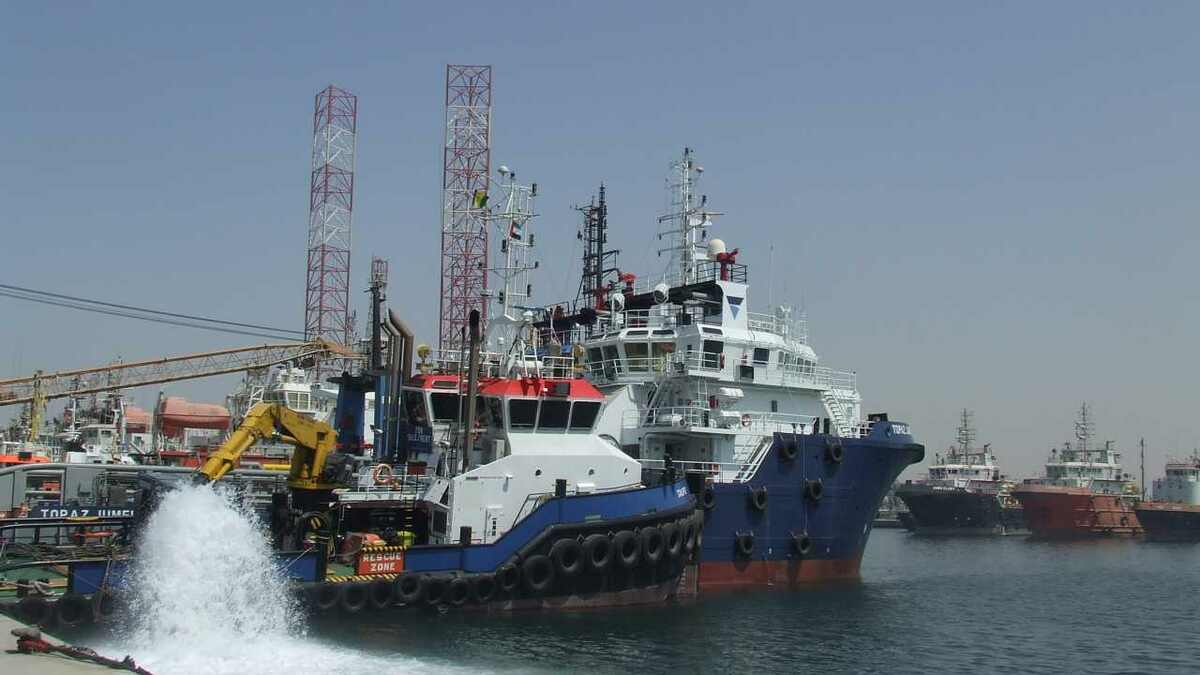
Owners urged to take digitalisation plunge
Vessel owners investing in digitalisation and performance monitoring technology provide energy companies with new levels of marine logistics services
Technology such as big data processing, internet-of-things (IoT) technology, artificial intelligence (AI) and digital vessel performance and fuel consumption monitoring will make them more competitive in continuing tough market conditions.
Owners need to become innovative and agile while providing energy companies with more than just vessels, says Topaz Energy & Marine chief commercial officer Robert Desai.
His company, which was acquired by DP World, has found success in the Middle East and Caspian Sea offshore support vessel (OSV) markets by creating value to clients through managing marine logistics.
“We needed to create our own success,” said Mr Desai at a conference* in Dubai, United Arab Emirates.
“We identified efficiencies in marine logistics for oil companies and found we can do it cheaper by using algorithms, AI and digitalisation,” he explained.
Mr Desai said Middle East OSV and tug owners can do far more than just provide vessels. “We need to move away from chartering out vessels on a day rate,” he said. “This cannot persist as the industry will not be effective that way.”
He thinks owners should become more engaged with energy companies in marine logistics to gain contracts.
“The industry needs to change and have new structures to be profitable. We need to be solution-driven businesses, have tailored services and be a larger part of the value chain.”
He highlighted Topaz’s success as an example to demonstrate this strategy.
“Digitalisation allowed us to elevate our service offering – by providing customer dashboards and using IoT to learn more about the condition and performance of vessels means we can be profitable in the market.”
Saudi Arabia shipyard International Maritime Industries vice president of business development Julian Panter said owners need to find a differentiation from competitors.
“Companies need to use big data analytics and IoT as an edge versus the competition,” he said. “They need to find the cash to do this and be pioneering companies to take that plunge.”
OSV and tug owners can look to other sectors, such as aerospace and drilling rig operators for inspiration for technology adoption, said ABS senior vice president of offshore markets Matthew Tremblay.
“Owners need to look at the long-term benefits. Look at the drilling contractors that are improving efficiency through digitalisation, AI and IoT. We can apply this in OSVs market to optimise and then we will see the operation expenditure returns,” said Mr Tremblay.
These returns will be important for owners that have faced five years of hardship in the OSV sector, even in the Middle East where national oil companies are driving forward oilfield investment.
*Seatrade Offshore Marine & Workboats Middle East. This was part of UAE Maritime Week, organised by Dubai Maritime City Authority
Fuel optimisation will be a key topic for discussion at Riviera Maritime Media’s series of Optimised Ship Forums, the next one is on 1 October in Hamburg, Germany
Related to this Story
Women in Maritime Today: Elin Saltkjel says no day working in maritime is dull
Events
Maritime Environmental Protection Webinar Week
Cyber & Vessel Security Webinar Week
The illusion of safety: what we're getting wrong about crews, tech, and fatigue
Responsible Ship Recycling Forum 2025
© 2024 Riviera Maritime Media Ltd.

